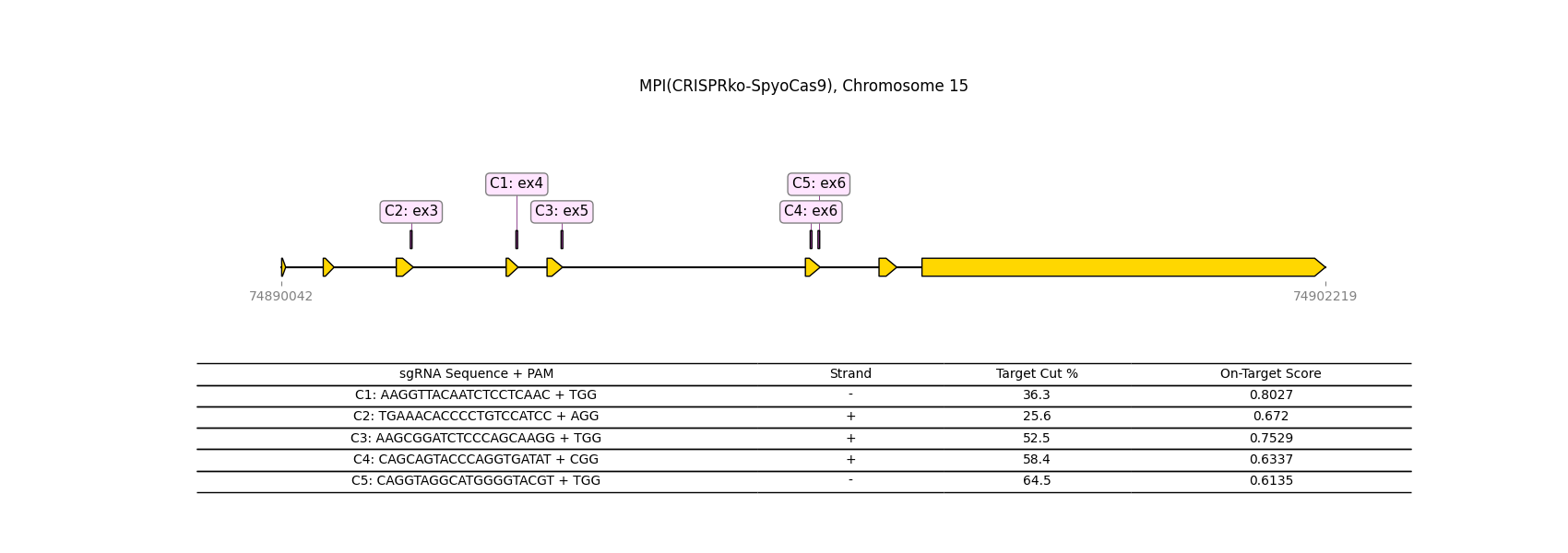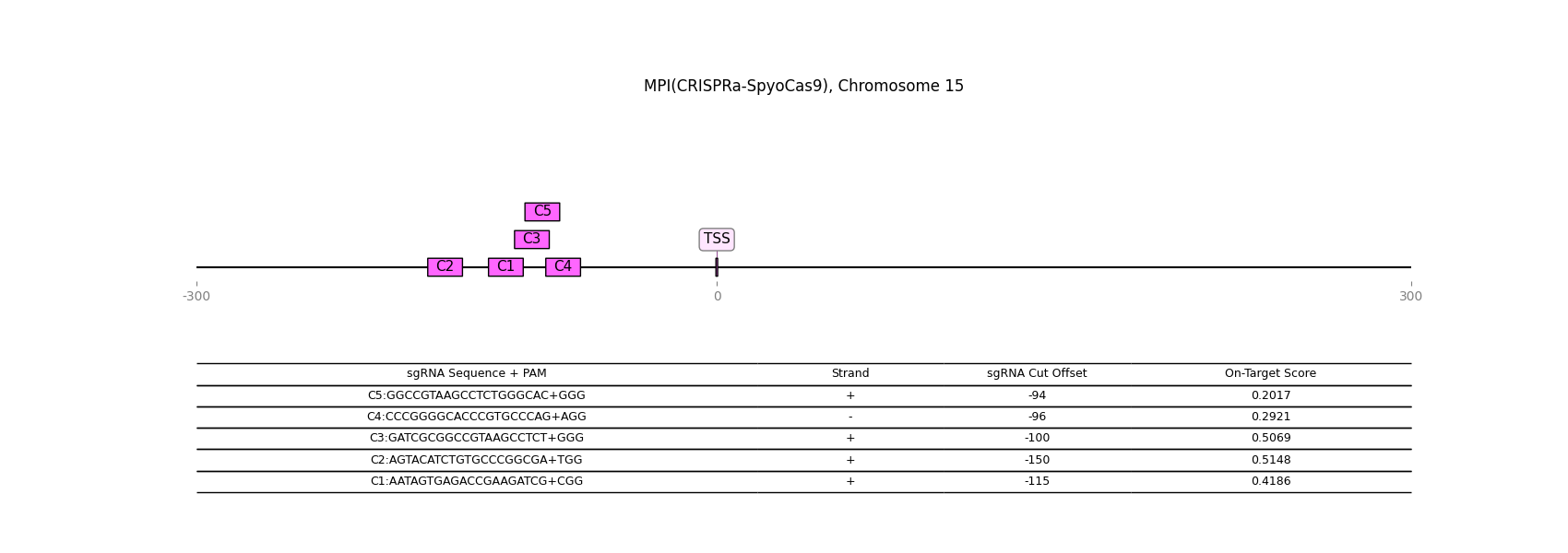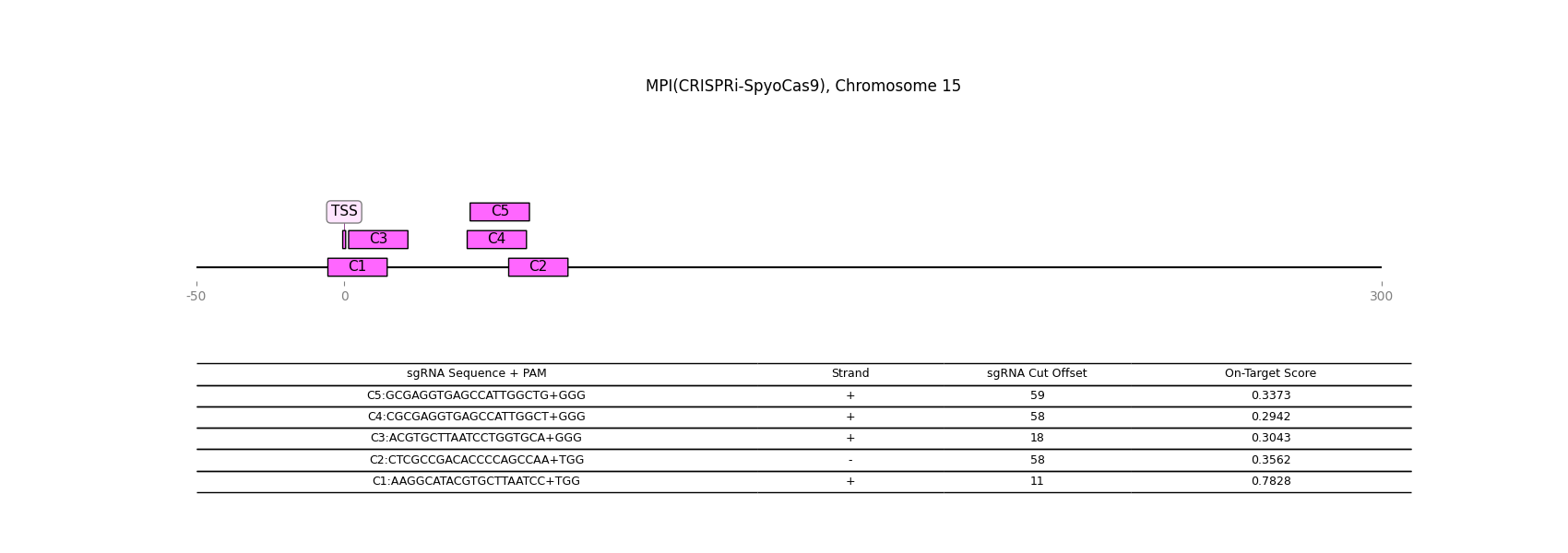Gene Details: MPI
1 / 2
General Information
Gene Name: MPI (Mannose-6-phosphate isomerase)
Synonym: PMI1
Short Names:
Alternative Names: Phosphohexomutase;Phosphomannose isomerase;
Notes:
- Mannose phosphate isomerase reversibly converts mannose-6-phosphate into fructose-6-phosphate.
- Involved in sugar nucleotide synthesis pathways.
Description from Dr.Glyco-GPT:
Warning: LLMs can generate factually incorrect information, as they simply predict the next word based on training data. Always verify LLM output by cross-checking with reliable sources!
Catalytic Activity

Reaction and Disease Links
EC # (IUBMB):
5.3.1.8
KEGG: 4351
Rhea:
12356
Transcript levels (Cell lines and Single cell data) URL
CRISPR-knockout

CRISPR-activation

CRISPR-inactivation

Transcription factor-gene relationship (details at glycoTF page)
Top 10 TFs
| TF | Score |
|---|---|
| UBE2I | 0.387725 |
| SSU72 | 0.383445 |
| TCF25 | 0.377481 |
| YY1 | 0.367017 |
| SUMO1 | 0.366950 |
| NCOR1 | 0.365428 |
| SNRNP70 | 0.364484 |
| NONO | 0.361544 |
| PHB2 | 0.358163 |
| GTF2A2 | 0.357762 |
Licensing: CC BY 4.0. You are fee to copy, redistribute, remix, transform and build upon all material, except for textbook figures from the Essentials.